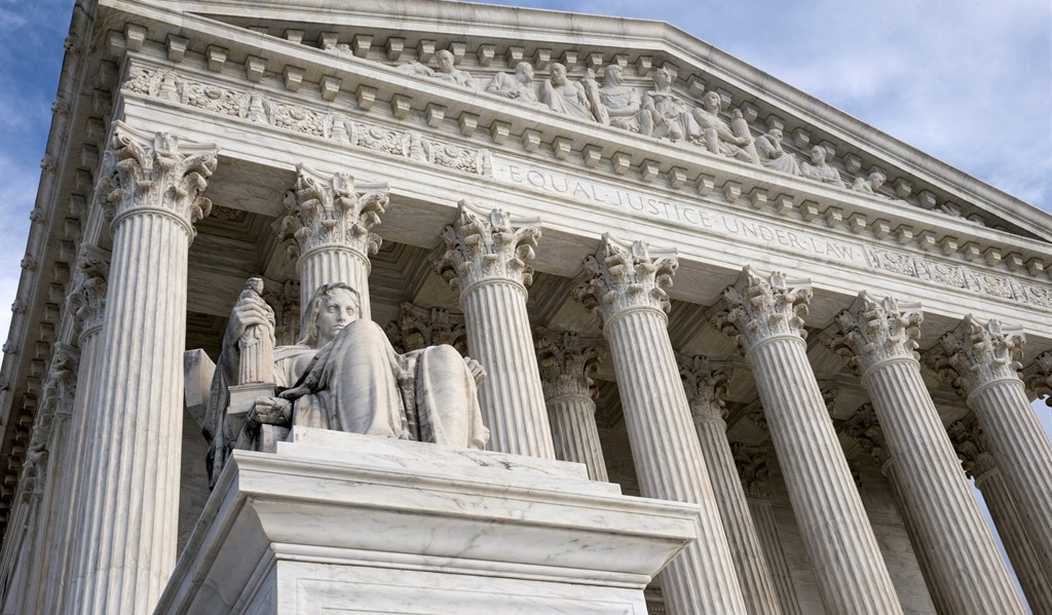With the passing of Justice Antonin Scalia, the Supreme Court issued its first 4-4 decision since his passing on the Hawkins v. Community Bank of Raymore case, which dealt with gender discrimination regarding bank loans. While the ruling reaffirms the lower court's decision, the issue at hand remains unresolved. Nevertheless, as Ed mentioned, a deadlocked court handed down a decision and the sky didn’t fall (via the Hill):
The court tied 4-4 in a case involving whether a pair of wives should be held financially responsible for the failure of their husbands’ real estate endeavor.[…]
The outcome of Hawkins v. Community Bank of Raymore leaves in place a lower court ruling that affirmed that the bank did not discriminate against the women.
But it also means the Supreme Court did not resolve pair of conflicting lower court rulings on the matter. A decision from the 8th Circuit U.S. Court of Appeals, which ruled directly on this case, conflicted with a prior ruling from the 6th Circuit on a similar issue.
At question in the case is what legal protections are available to Valerie Hawkins and Janice Patterson, who were required by the bank to sign on as guarantors on a loan application submitted by their husbands. When the men's business failed to make loan payments, the bank declared the loans in default and demanded payment from all four.
As I’ve mentioned before, in the history of the Supreme Court, we’ve had instances where there wasn’t a full court present during a session. At times, we’ve had eight-member, even seven-member, courts, which had heavier workloads to contend with than today’s jurists. The point is that the judicial system didn’t collapse, and it won’t. The American people have the right to decide the next president, and therefore, the next Supreme Court nominee to fill Scalia’s vacancy. In the meantime, an eight-member court isn’t a pressing concern. It’s time for Senate Democrats to honor the Biden rule: no judicial nominations during election years.
Recommended
And yet the Republic still stands. https://t.co/SLSXqi2UvN
— Ed Morrissey (@EdMorrissey) March 22, 2016

























Join the conversation as a VIP Member